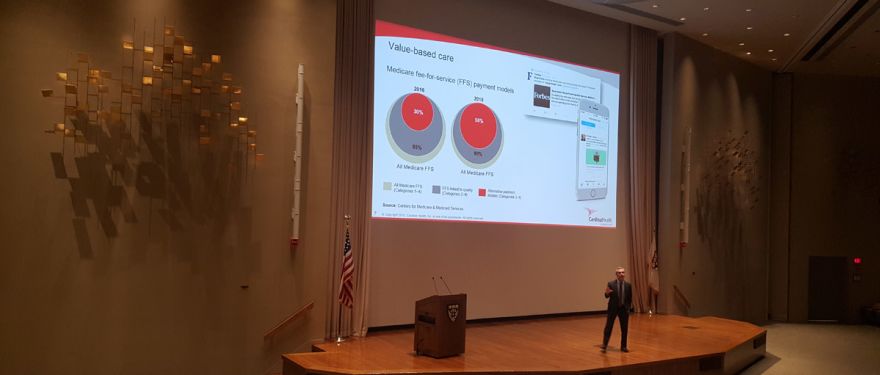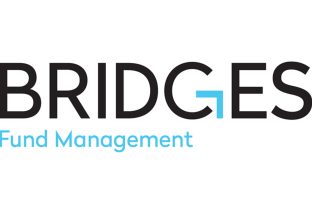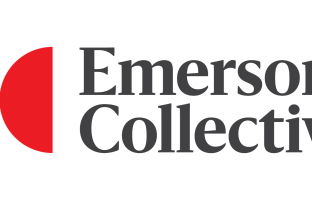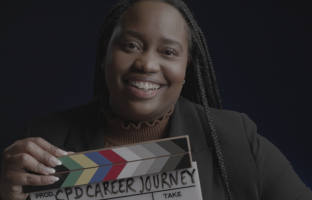Over 650 people participated in the 13th annual Harvard Business School Health Care Club Conference, which took place on campus on Saturday, January 30th, 2016. The conference brought together students of business, medicine, government, public health, and more, as well as professionals and speakers from both for-profit and non-profit companies, from investors to startups to Fortune 50 companies, as well as members of the media, academics, public policy advocates, and research organizations, under the unifying theme “Through the Eyes of the Patient: Delivering Outcomes via Consumer Engagement”.
Oriented around the consumerization of health care and patients as more engaged stakeholders, 40 panelists across different 8 panels and 2 keynotes delivered their thoughts about what adding a more invested, active consumer to the health care landscape means for the future of the industry.
Dr. David Torchiana, President and CEO of Partners HealthCare in Boston delivered the morning keynote address, and spoke about improvements in the quality of care over time, then looked forward in discussing what impact further improvement in outcomes may or may not have on the costs of care.
During the afternoon keynote session, Cardinal Health Chairman and CEO George Barrett spoke about the difficulties of defining value in health care, and over what time period, as well as how his organization is making the patient a centerpiece of their strategy by shifting toward more care in the home, and attending to patients following hospital discharge.
Eight panels explored various segments of health care more deeply, focusing on a diverse range of areas including Consumer Health, Devices and Diagnostics, Digital Health, Emerging Markets, Investing, Payor/Provider, Personalized Medicine, and Pharmaceutical/Biotech. Topics discussed in these sessions ranged from proving patient engagement and clinical efficacy in digital health technologies, to the impact of consumer engagement on new payment and care delivery models, to telemedicine and mobile rapidly expanding access to health care in emerging markets, to changing the drug discovery process to be more patient-centric.
A highlight of the panel sessions was when Adam Koppel, EVP of Strategy and Corporate Development at Biogen and Health Care Investing panel moderator, said that Google wants to take over CMS (Centers for Medicare & Medicaid Services), a statement that received press coverage from media attendee Meghana Keshavan of MedCity News (article link here). The conference culminated with a joint networking reception and innovation fair, during which 8 local startup health care firms set up live, interactive demonstrations of their products for conference attendees to try. As this was going on, attendees and speakers alike further discussed many of the prevailing themes of the day as they got to know one another. The day concluded with an optimistic tone, as many participants noted excitement around the change health care is undergoing, particularly as an opportunity to improve value.







